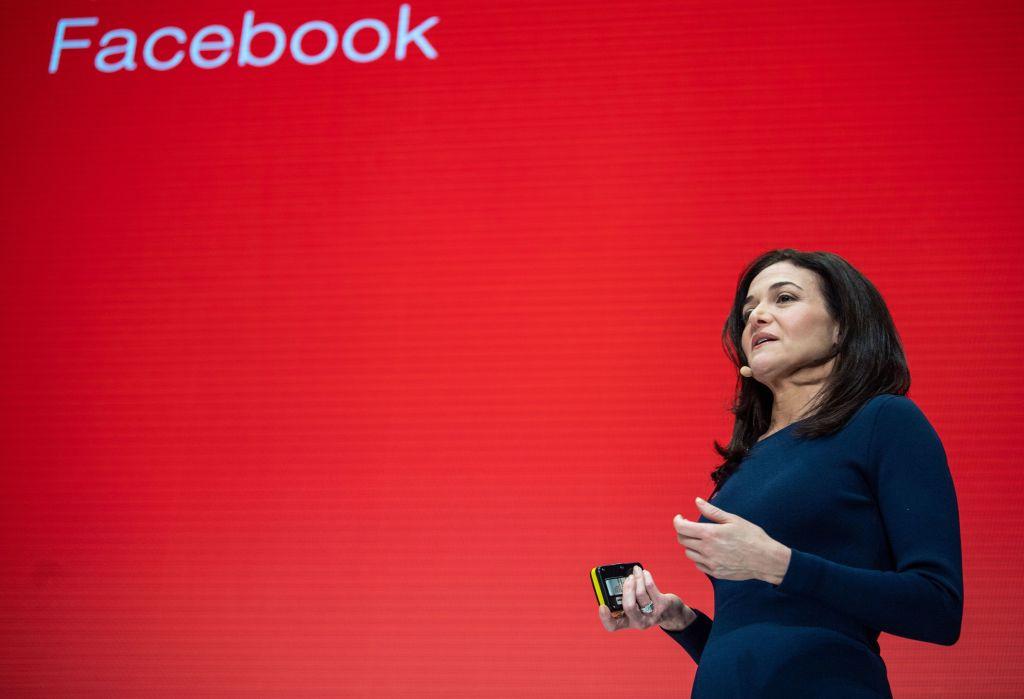Commentary
Facebook may have begun as just a social networking platform, but over the course of Sheryl Sandberg’s tenure, it has become much more than that.

Facebook may have begun as just a social networking platform, but over the course of Sheryl Sandberg’s tenure, it has become much more than that.